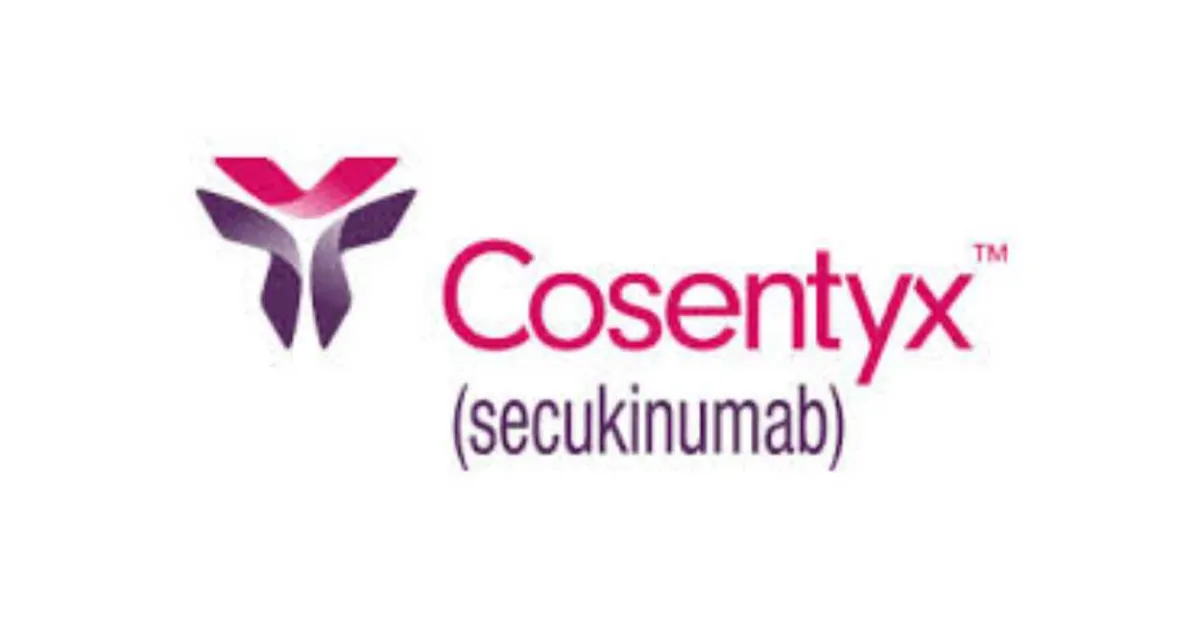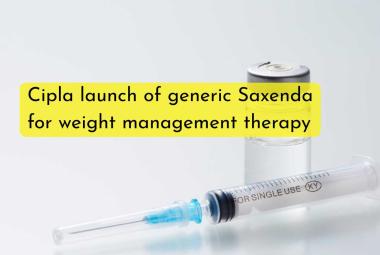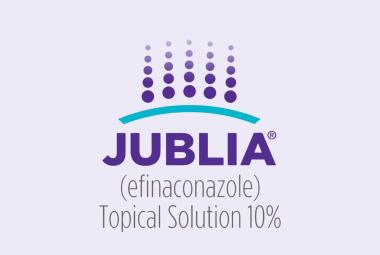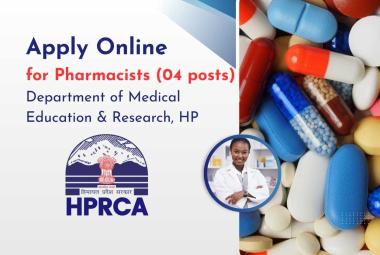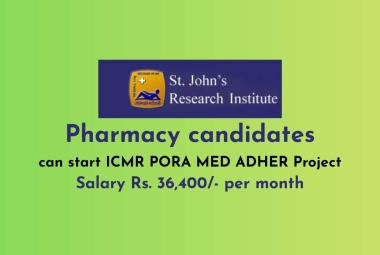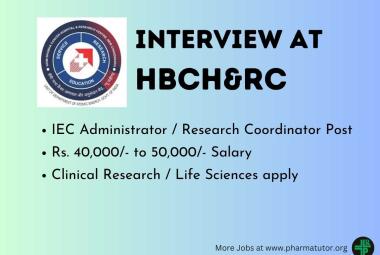Novartis has announced the top-line results of its Phase III GCAptAIN study, evaluating Cosentyx® (secukinumab) in patients with giant cell arteritis (GCA) a serious inflammatory condition that primarily affects adults over the age of 50. Unfortunately, the trial did not meet its primary endpoint of achieving sustained remission at Week 52 in adults with newly diagnosed or relapsing GCA.
In the trial, Cosentyx was tested in combination with a 26-week glucocorticoid (steroid) taper and compared against a placebo combined with a 52-week steroid taper. While the primary goal was not achieved, Cosentyx did show numerically favorable outcomes over placebo in terms of lower cumulative steroid usage and reduced steroid-related toxicity—though these improvements were not statistically significant. Importantly, the safety profile of Cosentyx in GCA patients remained consistent with what has been observed in previous studies and over a decade of real-world use across multiple inflammatory conditions.
Dr. Shreeram Aradhye, President of Development and Chief Medical Officer at Novartis, acknowledged the trial’s limitations but reaffirmed the company's commitment to advancing science in immune-mediated diseases. “While the Phase III results of GCAptAIN did not replicate the positive outcomes observed in the Phase II trial, we remain committed to driving scientific progress and addressing areas of unmet need,” he said. Novartis plans to complete a full evaluation of the data and share detailed findings at a future scientific meeting.
The GCAptAIN trial (NCT04930094) was a large, global, randomized, double-blind, placebo-controlled study conducted across 27 countries. Patients were assigned to receive either Cosentyx 300 mg, Cosentyx 150 mg, or placebo, all alongside varying steroid tapering schedules. The main objective was to determine whether the 300 mg Cosentyx dose plus a shorter steroid course could sustain remission more effectively than the placebo with a longer steroid course.
Cosentyx is a fully human monoclonal antibody that targets interleukin-17A (IL-17A), a key driver of inflammation in several immune-mediated diseases. It is already approved for a range of inflammatory conditions including psoriasis, psoriatic arthritis, ankylosing spondylitis, and hidradenitis suppurativa, with more than 1.8 million patients treated worldwide since its launch in 2015. The therapy is supported by a strong body of clinical evidence and long-term safety data.
Giant cell arteritis (GCA) is the most common form of systemic vasculitis and can cause serious complications, including permanent vision loss and aortic aneurysms, making it a medical emergency. It not only threatens physical health but also severely impacts quality of life, contributing to symptoms like chronic fatigue, cognitive impairment, and loss of independence.
While the GCAptAIN results are a setback, they also highlight the ongoing challenge in managing this complex condition and the need for further research. Novartis remains focused on understanding the disease better and exploring new ways to improve outcomes for patients living with GCA.


